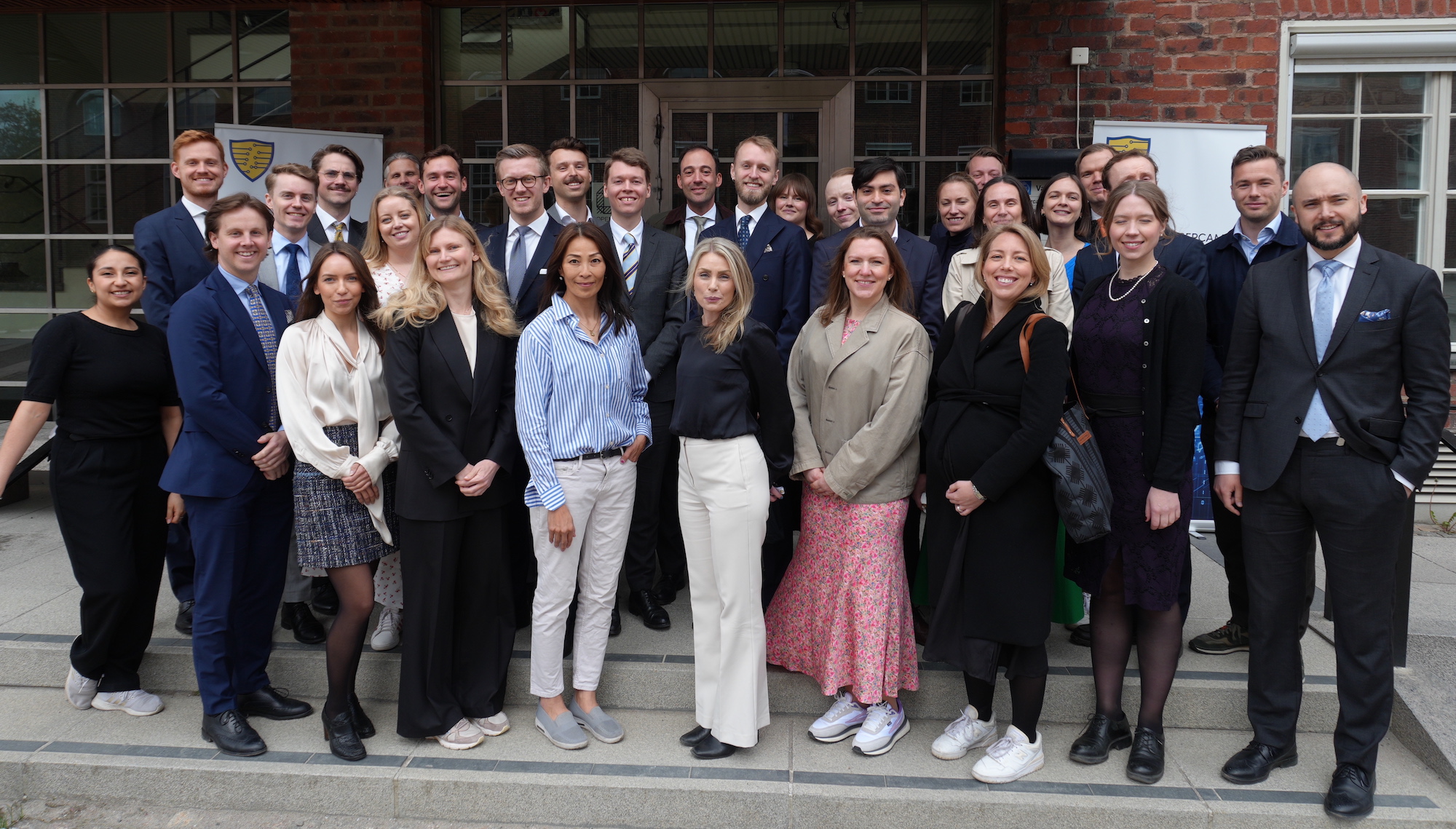Tailor-made training for the Ministry for Foreign Affairs' Diplomatic Programme

During spring, Cybercampus Sweden together with Cisco developed a training program tailored to the Ministry of Foreign Affairs' Diplomatic Program. The training lasted for two days, as a Bootcamp in seminar form. The subject areas covered the most important aspects of cybersecurity, AI and new technologies to give participants without prior knowledge a knowledge boost that increases understanding from the perspective of both the individual, society and the operations of Ministry for Foreign Affairs.

Mette Svensson, Business development manager for education at Cybercampus, further develops the ideas behind the content and format of the training program.
Why should we train diplomats in cybersecurity?
Sweden needs to increase skills in cybersecurity in all professional categories. Diplomats are experts in their fields related to foreign policy and international relations, but rarely have a sufficient level of knowledge about cybersecurity. In line with Cybercampus's training strategy, we strive to work interdisciplinary to create a new common area of knowledge.
You describe the training as a Bootcamp in seminar format – can you tell us more about the structure?
Agile and adapted formats promote learning. The course is a combination of lectures from experts covering a wide range of knowledge in the cybersecurity field, interspersed with group discussions and practical elements. The future diplomats were able to go through the interactive CYVAC training developed within Cybercampus and were able to visit Cybercampus’ ethical hacking lab.

Thom Thavenius, Deputy Head of Security at KTH, lectured on the geopolitical and security policy situation in the world.
How can the training benefit the participants from the Diplomat Program in their future roles?
I am happy to have the opportunity to share our insights in such an important context. If you are going to work in a vulnerable position, which diplomats really do, it is important to understand that there are special interests in learning about Swedish conditions, which do not apply to many other countries. Sweden is disproportionately exciting for foreign powers!
As I see it, as a diplomat you are the bearer of knowledge that is of interest to malicious actors. In your job as a stationed officer, you will also become a real expert on the local environment – but may find it more difficult to see the geopolitical puzzle in front of you on a daily basis. Therefore, it will be important to have it with you when you go out to other regions – primed with this knowledge you can also interpret what you see. Many of the movements we see in security policy manifest themselves in different ways in different regions. Then it becomes important to be able to decode what you see.
This sounds like a successful concept – what is the next step?
Mette Svensson, Business development manager for education at Cybercampus: We are planning for more rounds. First, we will review feedback from the participants who have completed the first round in order to optimize the structure and content of the training.
